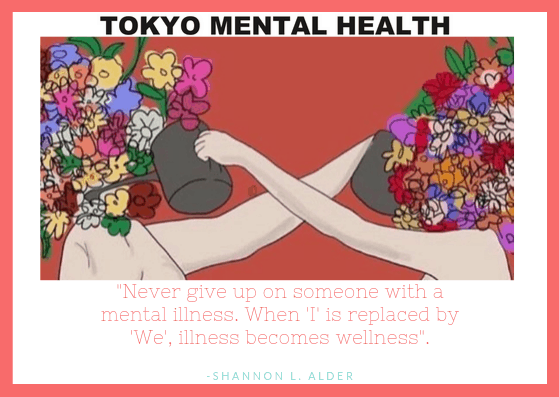Angelica Gomez
Anxiety is a human feature that we all experience from time to time.
It allows us to avoid potential threats and keeps us alert. It is often described as ‘a feeling of unease, such as worry or fear, that can be mild or severe’.
You might know someone whose anxiety falls into the more ‘severe’ category, and it can sometimes become a challenge to understand and help them. This person might often be overthinking the future, or even contemplating something that already happened in the past. They also might frequently avoid taking action, which overtime can cause some discomfort for those around them.
There are many ways that you can choose to help a loved one who is experiencing anxiety.
The first way is to recognize what anxiety is and how it works. It’s important to understand that it affects everyone in different ways, so learning how it manifests in a person allows you to learn their patterns, which puts you in a better position to assist. If they are feeling anxious, you can directly ask them how anxiety affects them and what they do to feel better. The simple act of listening to them talk about how anxiety affects their everyday life could bring them relief.
The simple act of listening to them talk about how anxiety affects their everyday life could bring them relief.
After learning about what makes them anxious and what makes the anxiety worse or better, asking them how they want to be helped may also be a good idea. Some people just want someone that they can talk to while they feel anxious, others want someone that can do for them what they are trying to avoid. This can get tricky because the goal of helping someone should be helping them overcome what brings them anxiety, instead of enabling anxious behaviors.
For example, let’s say your loved one is terrified of making their own doctor appointments. They ideally would want you make the appointment for them, but sometimes words of guidance can be enough to give them the confidence to do it themselves. The actual call might not be what is making them anxious. It could be the fact that they don’t even know how to start the conversation, and in that case you can help them by practising a scenario beforehand, and telling them what to say. Helping them take the first step is a great way to start, but make sure not to pressure them into doing things at a pace that they don’t feel comfortable with. It’s important to always take their feelings into consideration and work with them.
Helping them take the first step is a great way to start, but make sure not to pressure them into doing things at a pace that they don’t feel comfortable with. It’s important to always take their feelings into consideration and work with them.
Letting them know that they have someone to talk to might help make them feel secure knowing that they have support. If they don’t feel comfortable talking to you, or maybe at one point it becomes overwhelming for you, seeking professional help is always recommended. You can help them research therapists in their area, and maybe even offer to go to the appointment with them if they are feeling unsure.
If you feel like someone has a more serious anxiety problem, you might not be able to help them yourself, but you can guide them to a professional who could provide the help they need. You can also encourage them to look into talk therapies such as Cognitive Behavioral Therapy (CBT). CBT focuses on your thoughts, beliefs, and attitudes and how they affect your behavior and feelings. Various coping skills are learned for each scenario while in the sessions.
Supporting someone that has anxiety can get overwhelming, therefore it is always important to put yourself first. If at one point you feel like their anxiety is making you anxious, learn to set boundaries, and explain to them why it’s important that you both do this. It is also a good idea to allow others to step in and help, so you aren’t the sole person that they rely on. Talking to someone you trust about how you are feeling, while still keeping that person’s personal information private, might also help you feel relieved. Find support for yourself just as much as you find support for them. Your goal is to help the person, not to treat their anxiety. You can choose to help them but remember to always take care of yourself first.
Supporting someone that has anxiety can get overwhelming, therefore it is always important to put yourself first.
Sources:
Boyes, Alice. “How to Help Someone With Anxiety.” Psychology Today, Sussex Publishers, 13 July 2016, www.psychologytoday.com/intl/blog/in-practice/201607/how-help-someone-anxiety
Boyes, Alice. “Seven Ways to Help Someone with Anxiety.” Greater Good, 25 July 2018, greatergood.berkeley.edu/article/item/seven_ways_to_help_someone_with_anxiety
“Generalised Anxiety Disorder in Adults.” NHS Choices, NHS, 2018, www.nhs.uk/conditions/generalised-anxiety-disorder/
